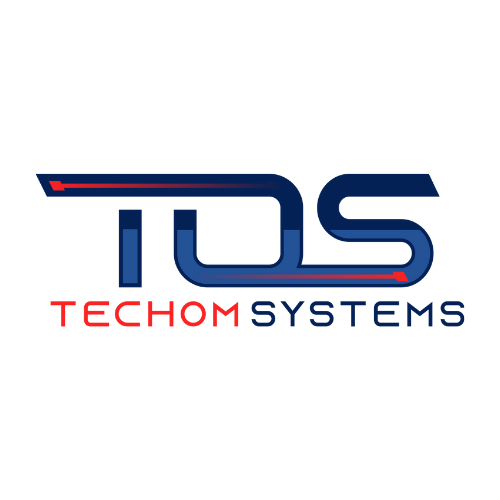Starting a career in finance is a smart decision. Finance professionals are needed everywhere — in small businesses, large companies, and even government organisations. But before you reach that level, you must develop a robust knowledge base. That foundation begins with a financial accounting course.
This course helps you understand how money works in a business. You learn to record transactions, prepare financial statements, and see how companies measure success. These skills are the building blocks for anyone who wants to grow in accounting or finance.
What Financial Accounting Really Means
Financial accounting is about recording and reporting a company’s financial activities. It ensures accuracy so that business owners and managers can make good decisions.
When you take a financial accounting course, you learn how to prepare income statements, balance sheets, and cash flow reports. You also understand how to track profits, expenses, and business performance.
This knowledge is useful not only for accountants but also for entrepreneurs and managers. When you understand financial accounting, you can manage money better and make smarter business choices.
Why Accounting and Finance Go Together
Many people hear about accounting and finance courses and wonder if they are the same. Accounting looks at recording and reporting past financial information, while finance focuses on planning for the future.
When you study both together, you understand the full picture of business. Accounting tells you where the money went, and finance helps you decide where it should go next.
This combination of skills prepares you for many jobs — from bookkeeping and payroll to financial analysis and management roles. It also helps you make informed personal and business decisions.
The Benefits of Online Learning
Today, many learners choose online accounting courses because of their flexibility and convenience. You can study from home, during breaks, or on weekends — whatever fits your schedule.
Online learning also helps you learn at your own speed. You can repeat lessons until you understand them. Many courses include recorded videos, practice tests, and tutor support, so you’re never studying alone.
For working adults or parents, this flexibility makes learning possible without giving up other responsibilities. You can continue your job and still move forward in your education and career.
What You Learn in a Financial Accounting Class
A financial accounting class begins with the basics — how to use the double-entry system to record financial transactions. You learn about assets, liabilities, income, and expenses. Then you move on to creating trial balances, balance sheets, and profit-and-loss statements.
You’ll also learn about adjustments like depreciation and accruals, which make financial reports accurate. Many courses now teach modern accounting software such as Sage, Xero, or QuickBooks, so you’re ready for the real workplace.
By the end of your course, you’ll understand not just how to record data, but also how to interpret financial information and use it to support business decisions.
Career Opportunities after a Financial Accounting Course
Completing a financial accounting course opens many doors. You can start as a bookkeeper, accounts assistant, or finance clerk. With experience and further study, you can become a management accountant, auditor, or financial analyst.
Every organisation needs people who understand financial records and reporting. Employers value candidates who have accounting training because they can be trusted with important financial tasks.
If you dream of working in banking, business management, or even running your own company, your accounting knowledge will help you succeed.
Why It’s the First Step to Long-Term Success
Once you master financial accounting, you can move on to more advanced areas like taxation, management accounting, or corporate finance. But without understanding the basics, it’s difficult to progress in any of these fields.
An accounting and finance course is not just another qualification — it’s the foundation of your entire finance career. It teaches you how to read and speak the language of business — the language of numbers.
The Real-World Value of Accounting Skills
You’ll help businesses understand their profits and losses, manage cash flow, and plan for growth. These are skills that employers value highly. You’ll also improve your problem-solving, organisation, and communication skills — all essential for career growth.
Financial accounting knowledge also helps you in daily life. You can manage your personal budget, save money wisely, and plan your financial future with confidence.
Take the First Step Today
If you want a stable, respected, and rewarding career, start with an accounting and finance course. You can study through traditional classes or choose online accounting courses to learn from home.
The key is to begin. Once you understand the basics, you’ll have the confidence to grow, earn better opportunities, and move toward professional qualifications like AAT, ACCA, or CIMA.
A financial accounting class gives you more than technical knowledge — it gives you the foundation to build a lifelong career in finance. So take your first step today, and let accounting be the start of your journey to success.


